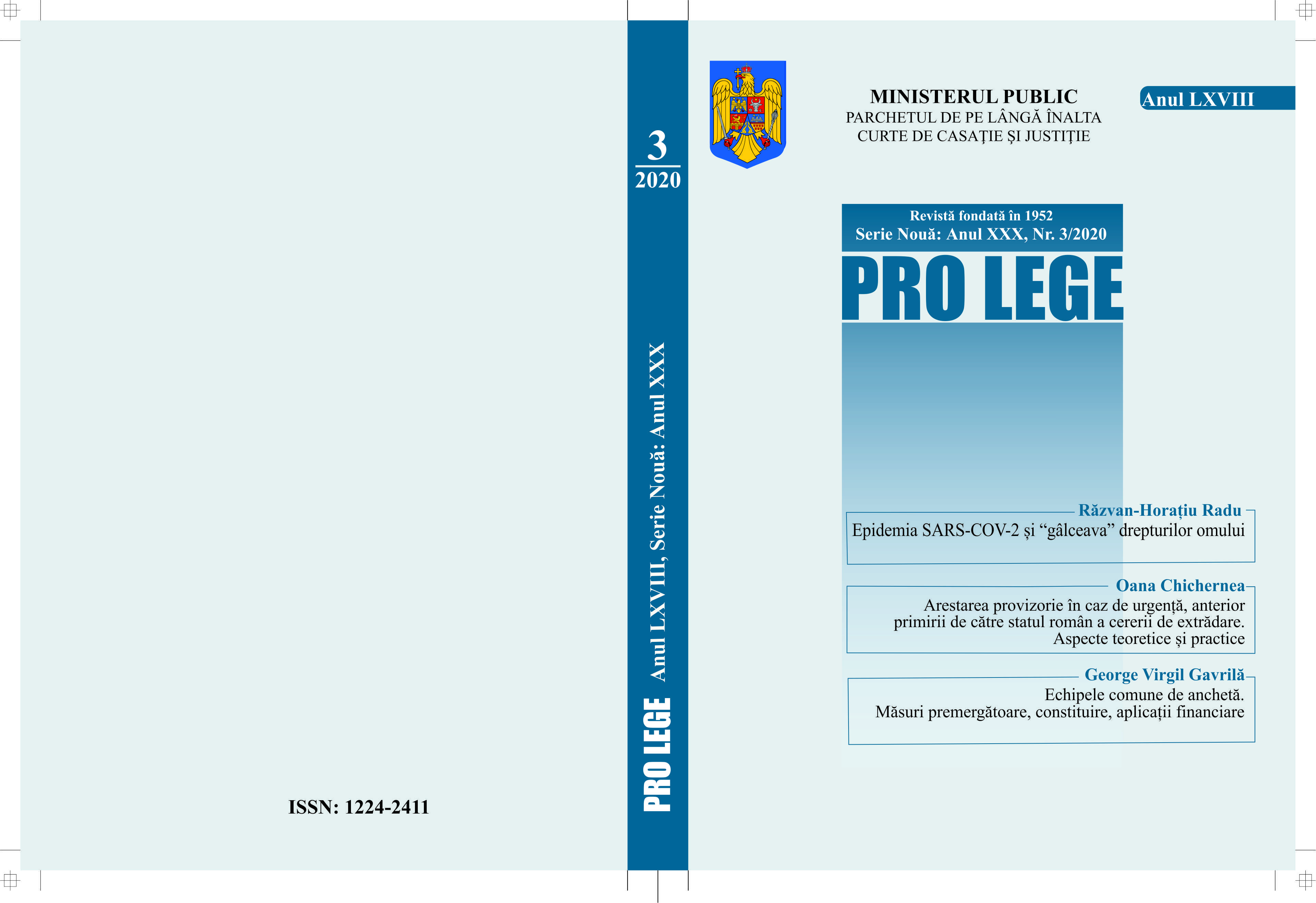Dreptul la un proces echitabil în Carta drepturilor fundamentale a Uniunii Europene
The right to a fair trial in the Charter of Fundamental Rights of the European Union
Author(s): Ionuț DrîmbăSubject(s): Law, Constitution, Jurisprudence, Civil Law
Published by: Universul Juridic
Keywords: rule of law; fundamental rights; law; democracy; fair trial;
Summary/Abstract: The Charter of Fundamental Rights of the European Union, which is the main document regarding the fundamental rights and the principles recognized throughout the community, according to the Treaty on the European Union, contains elements of the right to a fair trial, that lead to a will to harmonise the european law with the conventional and, implicitly, the national law. Thus, The Charter refers to the method of interpreting the fundamental rights according to The European Convention on Human Rights and also defines as principles the right to access the court, the open court, the reasonable period of time, the independence and impartiality, the legal binding assistance, the presumption of innocence, the rule against retroactivity and enforcement of the more permissive criminal law, the principle of proportionality of penalties and the principle of ne bis in idem. The final purpose is not just the unification of the law on the three mentioned levels, but also the unification of the judicial practice and the guarantee of the right to happiness through the right to a fair trial.
Journal: Revista Pro Lege
- Issue Year: 2020
- Issue No: 3
- Page Range: 154-177
- Page Count: 24
- Language: Romanian

